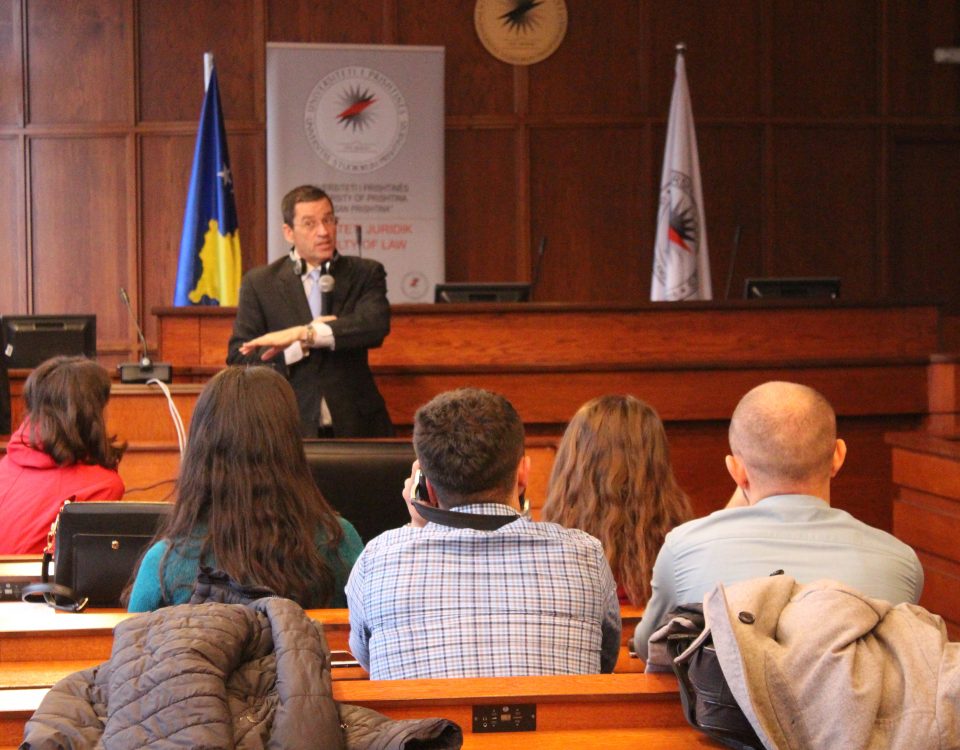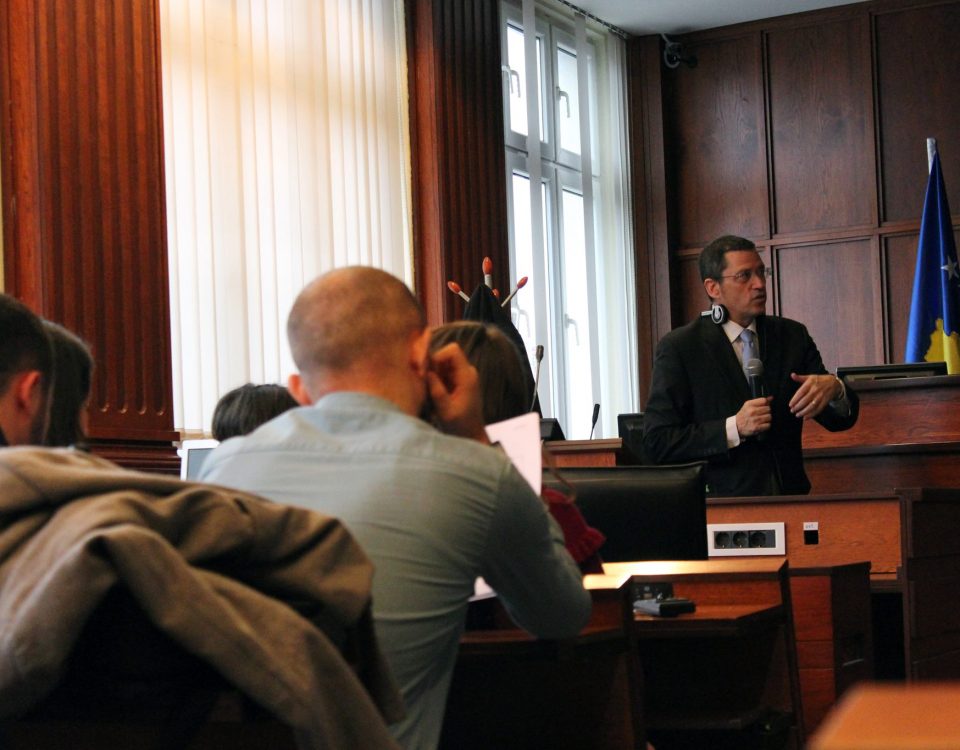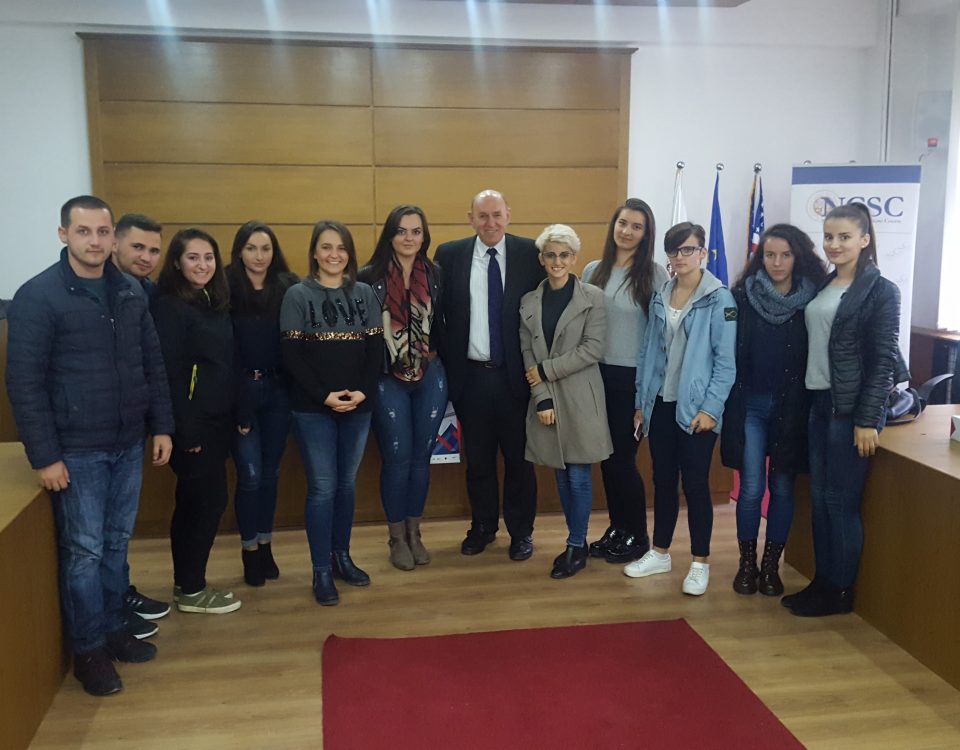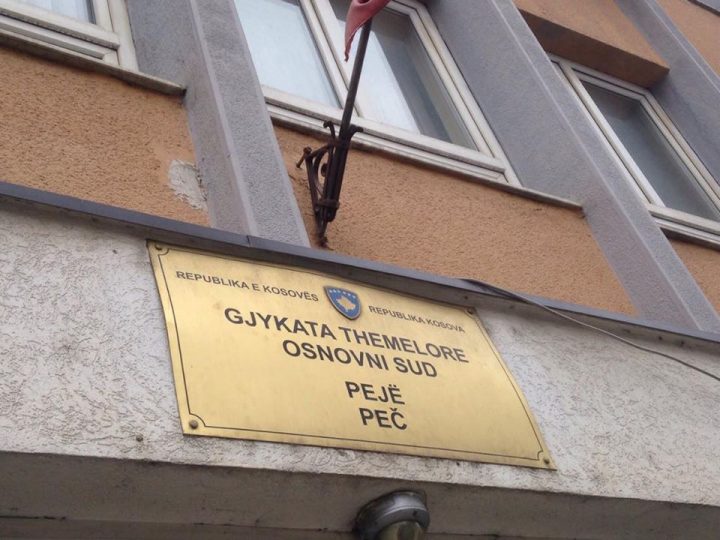KLI Publishes Report on Legal Aid in Criminal Cases

Prizren and Gjilan Bench Bars discuss the findings of the JII Survey
July 27, 2017EULEX Prosecutor joins D4J and Partners in discussing Lessons Learned regarding the D4J Live Legal Clinic
September 14, 2017Pristina, September 14th, 2017 – Kosovo Law Institute (KLI) organized a conference on “Legal Representation in Criminal Cases and the implementation of the judicial practice of the European Court of Human Rights.”, in cooperation with the Demand for Justice (D4J) Program, implemented by the National Center for State Courts (NCSC), and funded by the U.S. Department of State/INL.
During the conference, KLI presented its Report: “Legal Aid in Criminal Cases and Applying European Court of Human Rights Standards in Kosovo Courts” describing Kosovo’s current ‘legal aid gap’ which violates the human rights of indigent citizens by failing to provide them legal counsel in all criminal cases in manner prescribed by the Kosovo Constitution. KLI backed up its findings with desk research, stakeholder interviews, and monitoring results of over 500 criminal cases within the General Crime Departments of the Criminal Divisions of the Basic Courts in Pristina, Prizren and Peja, from February 1st to May 30th, 2017.
The Report successfully raises awareness of relevant actors for this serious and ongoing violation and proposes concrete recommendations for institutions in Kosovo in order to address this serious weakness in Kosovo legal system. The KLI Report contains alarming figures regarding defendants not being represented in criminal proceedings, where out of 667 defendants, 457 (68.51%) of them had no legal representation. In interviews with 379 defendants, 116 (30%) stated that they have low incomes or are under the social welfare scheme in the 3 monitored courts.
Mr. John Furnari, Chief of Party at the “Demand for Justice” Program, expressed his concern about the findings of the report and welcomed the initiative of several KBA members, supported by the “Demand for Justice” Program, who are representing such defendants in criminal proceedings on a pro-bono basis as a good, but partial, solution to this problem. Mr. Furnari was joined by KBA representative Mr. Behar Ejupi, in stressing the need for the State to increase legal aid funding to solve this problem, and for Courts to recover State funds for ex officio legal aid provided to convicted defendants who are not poor.
Other judges, attorneys and prosecutors present in the conference confirmed the findings of the report and talked about the importance of the defendants to have legal representation at all stages of criminal proceedings. However, they highlighted a number of practical reasons why courts fail to provide free legal aid to poor defendants in the general department of the basic courts, with emphasis on: insufficient budget of the courts to appoint defense counsel at public expense; lack of sufficient budget for the Free Legal Aid Agency and lack of defendants’ knowledge of the right to free legal aid. Finally, the participants offered concrete recommendations for improving the situation.
Participants in this conference were representatives of the judicial system, the prosecutorial system, the President of the Basic Court in Prishtina, Prizren, Peja, representatives of Court of Appeals, Supreme Court of Kosovo, Kosovo Chamber of Advocates, Chief Prosecutor, Prosecutors, Ombudsperson, Free Legal Aid Agency, civil society and the media.
The report can be found here. Legal Aid in Criminal Cases





